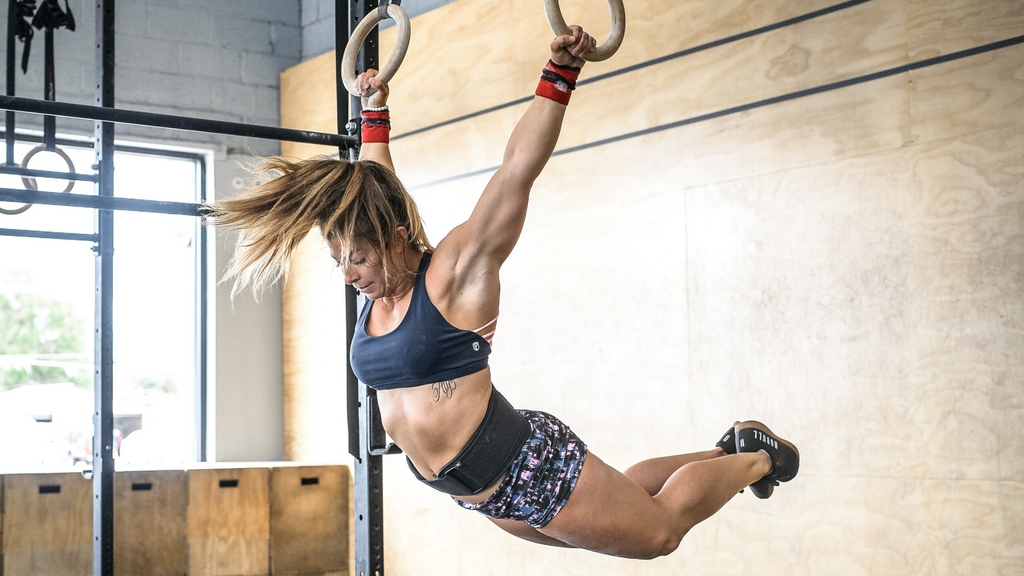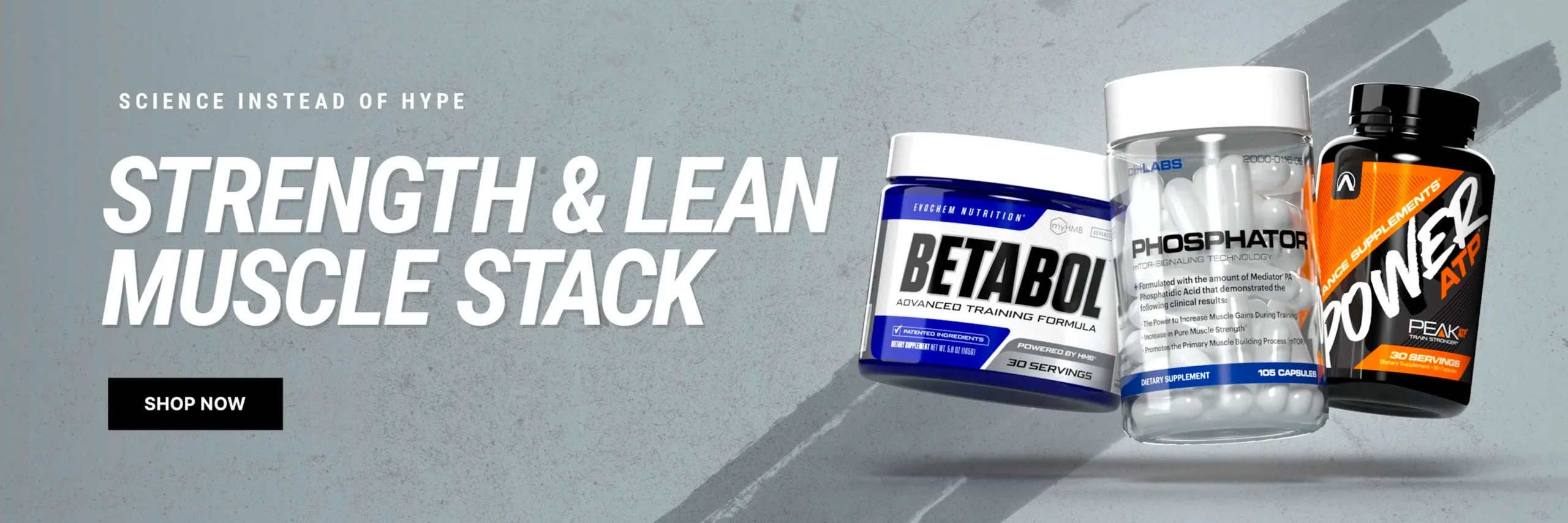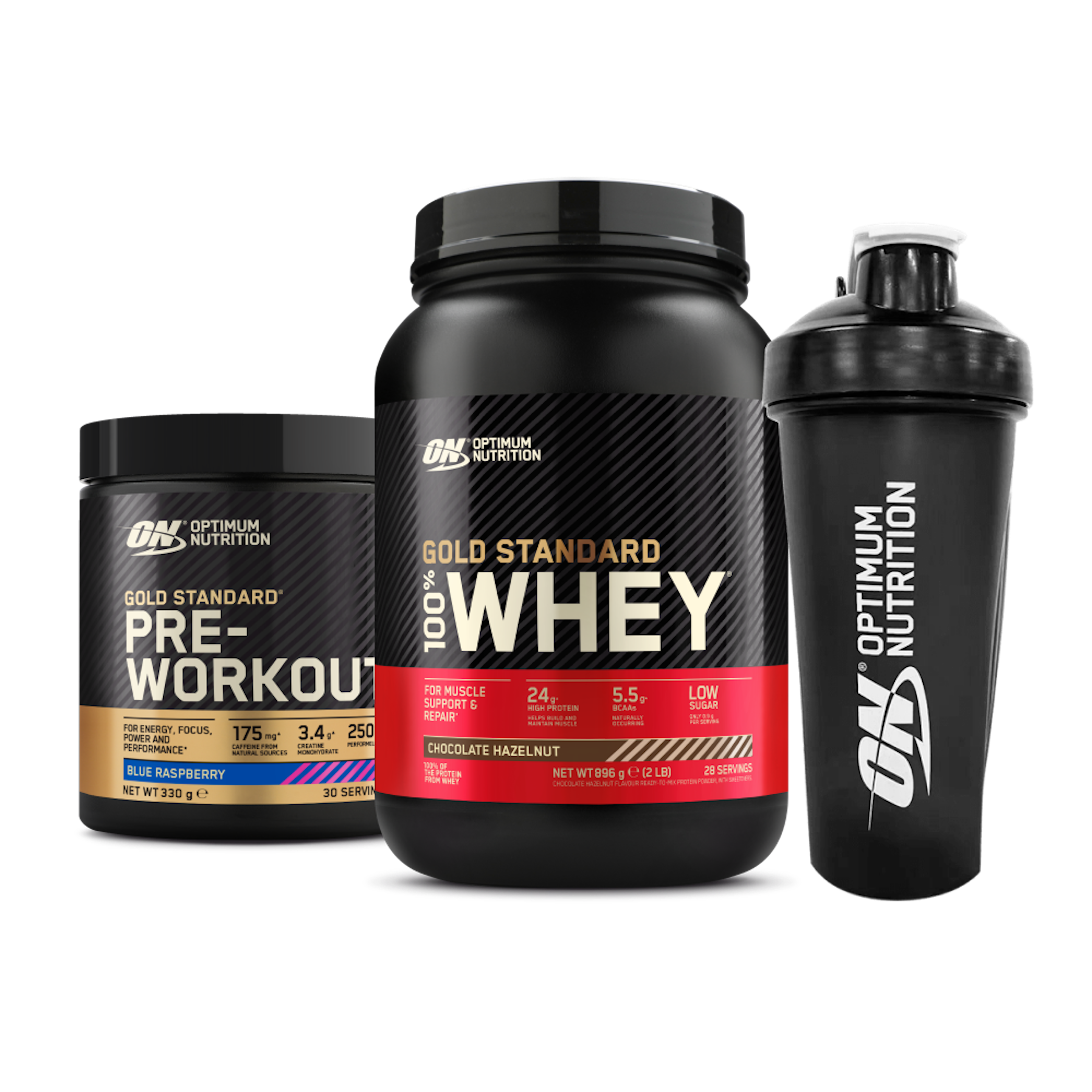When it comes to workout gear and accessories the options on what to get and why may be overwhelming. As you push your body to what once seemed like impossible levels, you may need some help along the way. That’s why it only makes sense to invest in gear that will help get you there.
If you’re serious about your workouts and have been wondering if wrist straps are worth it, we’re here to lay it all out for you. Having a pair of wrist wraps in your gym bag is essential for many people and we’re about to break down all the reasons why.
What are wrist wraps?
Let’s cover the basics first. It may seem obvious to some, but to others, wrist wraps (or wrist straps) can be confusing especially when there are so many choices on the market. Most wrist wraps come in a set of two strips, made of cotton or nylon material, with each strip measuring 18 inches, includes a sturdy loop at one end, and lastly a Velcro strip band at the end.
The biggest question surrounding wrist wraps is: what’s the purpose of using wrist wraps? The main purpose is that wrist wraps provide support and stabilization of the wrist, preventing hyperextension while ensuring proper wrist placement beneath the bar. They are particularly helpful during heavy or maximum effort pressing and overhead workouts.
You may also be wondering if wrist straps help with wrist pain. Wrist wraps aren’t meant to provide relief and should not be used as pain relief support. A normal wrist brace is typically used to help with injuries. Wrist straps do a great job by providing support and reducing the strain on your joints and muscles. Repeated strains can cause injury and wrist wraps are one way the strains altogether.
Should I use wrist wraps?
There’s always been a big debate about whether to use wrist wraps or to not use them. Some say that by using them you’re cheating yourself and your abilities. While others say that wrist wraps are absolutely necessary to perform at your maximum and hit new PRs. The decision is yours depending on your circumstances and your fitness goals, but nobody can deny that wrist wraps can be an effective part of strengthening your wrist and providing support.
Do I need to train with wrist wraps? If you want additional support and stability, then investing in wrist wraps is a good choice. If you consider yourself a fitness enthusiast or even training for big events, then you definitely need a little help from wrist wraps. Using them for heavy lifting workouts may give you the push you need, so carefully consider the pros and cons based on your situation. If you don’t train heavy or push boundaries, then wrist wraps are not for you.
How do I use wrist wraps?
After deciding that you’re ready to use wrist wraps, it’s important to know the proper way to wear them. There are many different brands and sizes on the market, which we’ll cover later, but one thing that’s the same in all of them is how they should be worn.
Traditional wrist wraps are fairly straightforward, so here’s a quick step by step on how to properly wear them:
- Find the thumb loop ensuring that the loop is pointing upward.
- Align the loop so that the long fabric strip lays on the inside of your wrist.
- Make sure that the Velcro portion is facing up so you can fasten the wrap securely.
- Place your thumb through the loop and start wrapping the fabric around your wrist.
- Ensure that the wrap fits tightly and that the Velcro is secure to its strip.

When are wrist wraps most effective?
Now that you know how to properly place and secure the wraps on your wrists, you can begin using them for a variety of exercises. You’ll typically see bodybuilders, powerlifters, and avid gym-goers use wrist straps to push their maximum lift while getting the right support and stability.
When should you use wrist wraps? It’s common to see CrossFit people use strength wrist wraps during heavy overhead lifts (with low reps). For example, an overhead squat requires you to use a lot of your body’s balance and core strength. In powerlifting (or heavy lifting) wrist wraps help relieve some of the stability worries and provide the wrist support needed for heavy lifting.
When should you avoid using wrist wraps? Wearing wrist straps during warm-up exercises or lower weight movements isn’t necessary. Performing wrist mobility exercises is a good way to ensure that your wrists can handle a moderate amount of weight. Needless to say, wrist straps shouldn’t be worn during cardio or non-overhead movements.
When to avoid using wrist wraps
Wrist wraps are an aid to hit PR’s, build strength, and prevent injury. They are not a substitute for weak or immobile wrists. If you use them accordingly, you won’t many issues.
However, if your wrists aren’t flexible enough to perform certain lifts properly or without pain, you need to spend some time working on your wrist mobility, rather than using wrist wraps to mask the problem. Like any piece of lifting gear, there’s a time and a place for using wrist wraps. If you use wrist wraps for every lift every time, you’re doing yourself a disservice.
People do this with lifting belts too. There’s always at least one guy at the gym who has his lifting belt on for the entire session, whether he’s doing squats, bicep curls, or walking to the bathroom. Don’t be that guy. Use your lifting gear strategically and intentionally.
If your goal is to keep the wrist safe you also need to keep it strong. This means doing a solid amount of lifting without wraps so your wrist muscles don’t get weak. So be selective. When you use wrist wraps, you should have a specific reason for doing so. Be intentional with when you wear wrist wraps and they’ll help you hit new PR’s.
As a general guideline, for pure strength work, don’t wear wrist wraps with anything under 50% of 1RM. The exception being if you have a wrist injury that would get aggravated were you not wearing wrist wraps. At the same time, this doesn’t mean you should always wear wrist wraps whenever you go over 50% of 1RM.
What’s the best kind of wrist wrap?
There are many different brand options when it comes to choosing a pair of wrist wraps. Narrowing your choice down will depend on the type of movements you need support with. When making your decision, carefully review the quality and longevity of the material of the wrist wraps. The Gymreapers wrist wraps have been voted as the best overall wrist wraps. These are the other common types of wrist wraps:
- Velcro wrist wraps are made with high-grade material (like cotton or nylon) designed for durability and longevity. They are typically 18 inches in length and are the most popular type of wrist wraps. They’re typically used when maxing out movements on the bench press or shoulder press.
- If you need even more support for heavy-duty lifting, stiff wrist wraps are made of thicker, more durable material and come in a variety of sizes from 12 to 36 inches in length. These wraps are a step up from the classic wraps because of their thicker material and thumb loop. You might see these used in a competition setting.
- For those that enjoy compound movements or are into CrossFit, strength wraps are the best way to go. They’re less bulky, featuring a longer fabric design (about 36 inches), and can be adjusted quickly, which comes in hand during quick movements.
When choosing the best kind of wrist wraps, each brand will give you a reason why theirs is the best. It’s no secret that Gymreapers is a brand that’s made for athletes by athletes. Remarkably, Gymreapers wrist wraps are tested by world champion powerlifters, IFBB pro athletes, and world-renowned fitness trainers, so you get a quality product every time. The biggest advantage of these wrist wraps is their quality that provides strength, stability, and support.
What exercises do you use wrist wraps for?
Having hinted at some of these workouts in the sections above, we want to provide a full overview of the options and many uses for wrist wraps. There are a variety of uses for wrist wraps, including strength training, powerlifting, bodybuilding, and cross-training. Wrist wraps are especially useful with exercises like bench press, shoulder press, clean and jerk, and other push movements and help improve your range of motion.
If you’re thinking of getting into powerlifting, CrossFit, or bodybuilding you’ll notice that wrist wraps are an essential part of most routines. If you’re trying to hit a new bench press PR, having a pair of wrist wraps can help get you there. Ultimately, wrist wraps are there to provide extra support for your joints.

What should I look for in wrist wraps?
By now you should have some good information about which decision to make. One thing is undeniable and that is — if you decide to own a pair of wrist wraps, quality is the most important aspect. Invest in a pair that is durable and comfortable. Nobody is happy about equipment that is wonky or falls apart after a few uses.
For example, thousands of Gymreapers wrist wraps have been sold because people trust quality and durability. Every aspect of these wrist wraps, from the appearance, stitching, construction, and assembly has been thought of. These are among the best weightlifting wrist wraps on the market and are trusted by world-class athletes, trainers, and Olympians.
Wrapping Up
The decision to own or not own wrist wraps is all yours, depending on your goals. This guide is designed to give you all the information you need to make an informed decision. We’ve covered a lot of stuff and at this point, you should know what wrist wraps are, how to use them, the different types of wraps, and why quality matters.
Remember, only invest in gear that will last and help get you to your goals. Your wrists will thank you and you’ll see better progress. Who knows? Maybe you’ll PR on a lift that’s been stuck for ages. If you’re needing a new pair, check out the selection from Gymreapers.
Shop the Wrist Wrap Collection
For more news and updates, follow IFBNewsfeed.Org on Facebook, Twitter, and Instagram.






